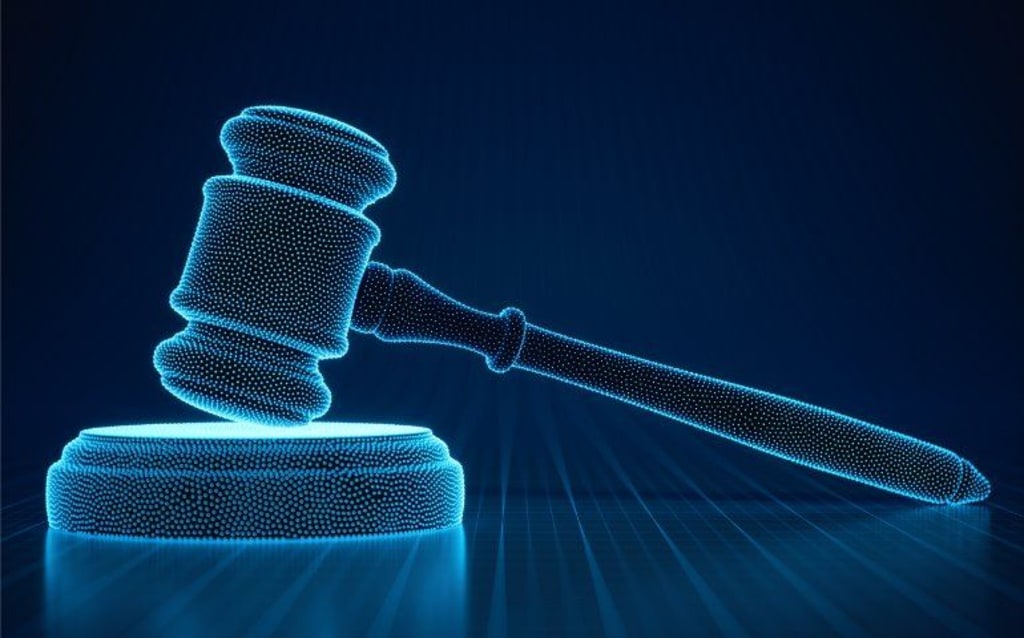Shadows in the Algorithm: An Unveiling of Unfairness in Machine Learning
A Thrilling Case Study into Bias and Justice within the Machine's Mind

In the gleaming corridors of our digital age, where algorithms dance and machines learn, there lies a shadow few dare to explore. A shadow cast by the biases and prejudices of a world far from perfect. This is a thrilling journey into the heart of unfairness in machine learning—a realm where ethics and technology intertwine, where justice meets judgment, and where human imperfection is reflected in the code.
A Case Most Puzzling
Consider a case that rocked the foundations of the tech world—a financial algorithm that seemed to discriminate, a machine that appeared to judge. It was a code written to evaluate creditworthiness, but it did so with a tilt, a bias, an unfairness that was both profound and subtle. It was not a bug; it was a feature, a reflection of a society still grappling with equality and fairness.
The Investigation Begins
As investigators delved into the code, as they unraveled the strings and dissected the logic, they found a trail that led to an unsettling truth. The machine was learning from us, from our flaws and biases, from a history filled with inequality. It was a mirror held up to society, a reflection of our imperfections, a manifestation of unfairness that transcends code and speaks to the very core of human experience.
The Machine's Mind
But how does a machine learn to be unfair? How does code turn into judgment, logic into bias? It's a question that delves into the heart of machine learning, where algorithms are trained on data, where patterns are discerned, and where decisions are made. It's not the machine that's flawed; it's the data it learns from, the history it reflects, the human imperfections it echoes.
The Ethical Dilemma
The case study unveils a dilemma that's as old as humanity but as new as the latest technology. It's a question of ethics and fairness, of justice and judgment, of technology and humanity. How do we teach a machine to be fair when we're still learning the lesson ourselves? How do we code justice into an algorithm? How do we untangle the web of biases that span history, culture, and society?
The Path Forward
The thrilling investigation into the case of the biased algorithm leads us to a crossroads, a moment of choice and challenge. We can ignore the shadow, pretend the bias doesn't exist, or we can face it head-on, explore it, understand it, and ultimately overcome it.
Machine learning isn't just about code; it's about humanity. It's about the choices we make, the values we embrace, the lessons we learn. It's about creating machines that reflect not our flaws but our aspirations, our dreams of a world where fairness isn't an algorithmic challenge but a human triumph.
In the thrilling, puzzling, and utterly human story of machine learning, the case of unfairness is more than a technical glitch; it's a moral calling, a challenge to rise above our imperfections and create a future that's not just intelligent but wise, not just technological but humane.
The shadows in the algorithm are our shadows, the biases our biases, the lessons our lessons. The future of machine learning, of technology, of society itself rests in our hands. The path is laid before us; the choice is ours.In exploring the unfairness of machine learning, another crucial aspect to consider is the source of data. In many cases, the data used might reflect existing societal biases, leading to biased outcomes from algorithms. For instance, in facial recognition models, if the training data predominantly consists of faces from a specific ethnicity, the model could perform poorly on faces from other ethnicities. This not only underscores the importance of data selection but also reveals how data can contribute to unfairness in machine learning. Therefore, we need to be more cautious in selecting and analyzing data to ensure fairness and transparency in machine learning systems.
About the Creator
julien tate
Poet and Hacker of AI. Explore the future of superintelligence and challenge conventional thinking. Join the exploration and ignite your curiosity.
Enjoyed the story? Support the Creator.
Subscribe for free to receive all their stories in your feed. You could also pledge your support or give them a one-off tip, letting them know you appreciate their work.






Comments
There are no comments for this story
Be the first to respond and start the conversation.